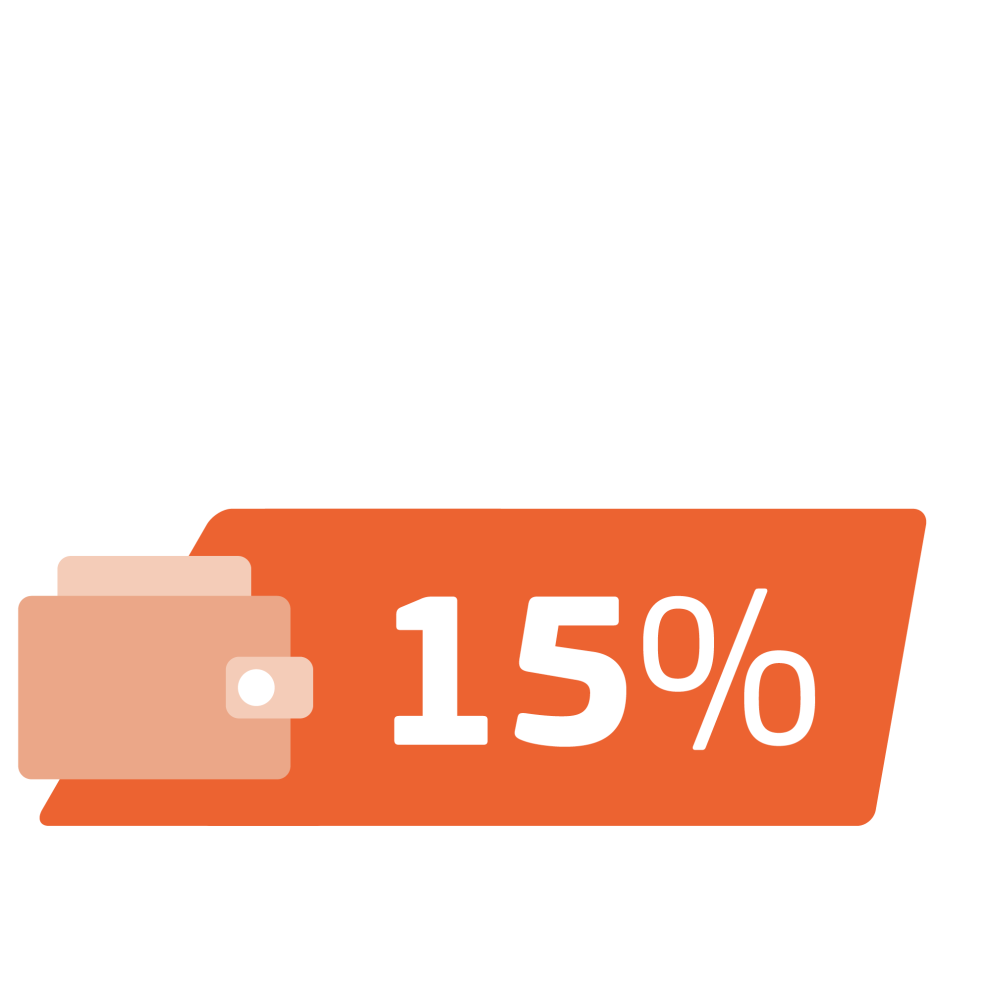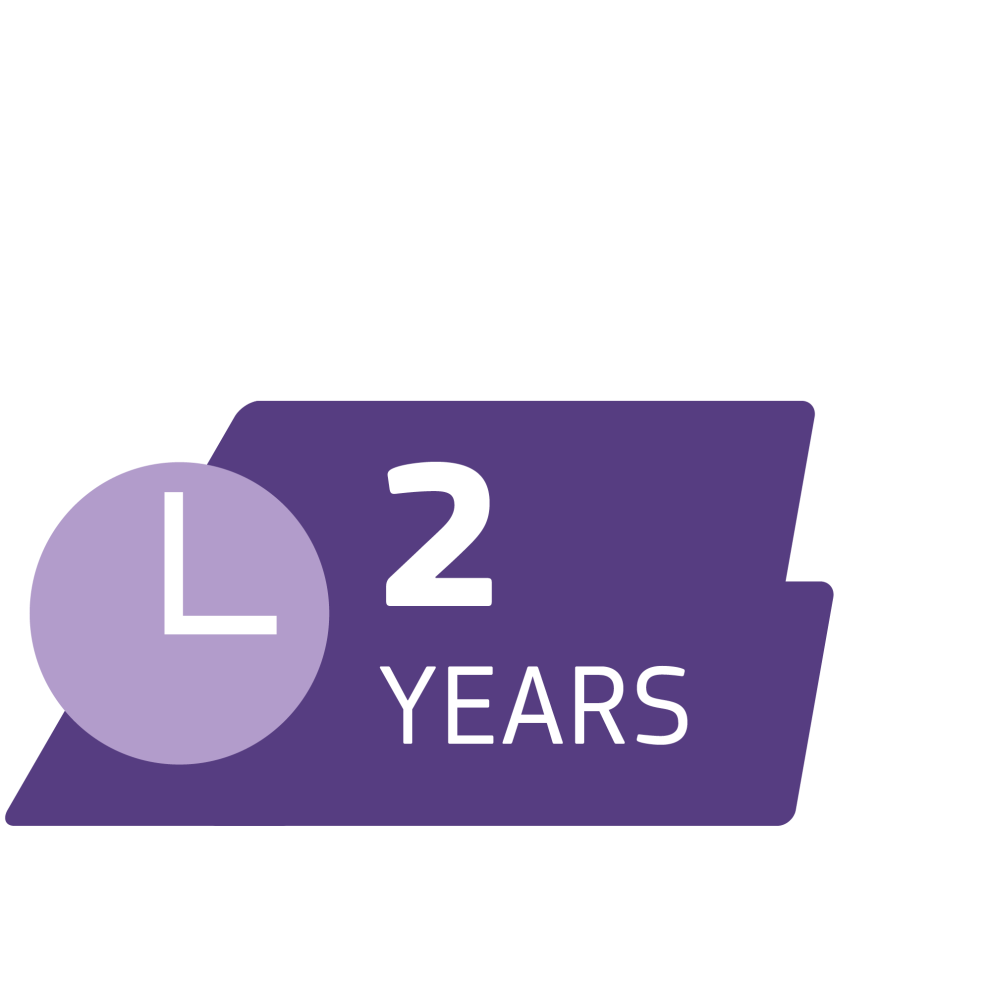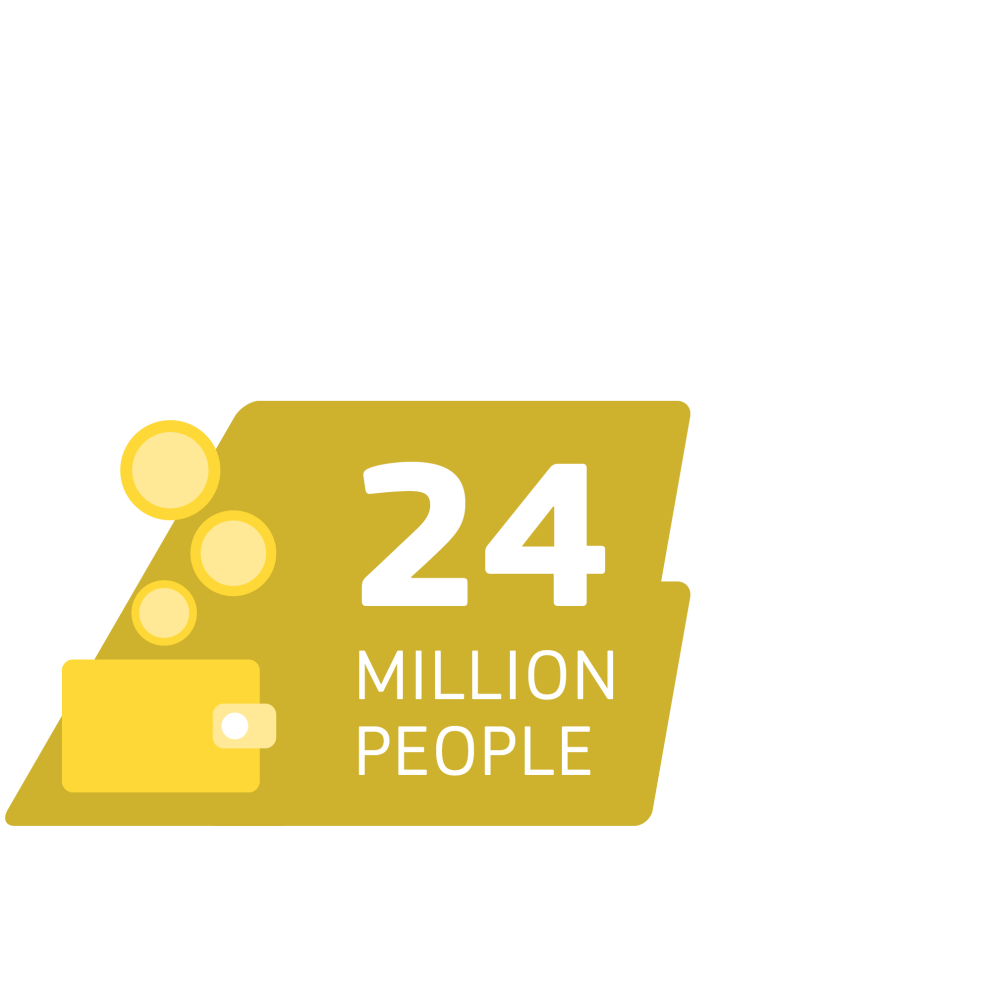The EU is working to ensure that all citizens are paid an adequate minimum wage. This will mean that you can provide for your family and should help reduce the gender pay gap as more women than men earn a minimum wage.
Why do we need to take action on income in the EU?

employees in EU in 2018 who were low wage earners

the lowest minimum monthly wage in the EU

of minimum wage is needed to pay for average rent in some countries
How are we taking action?

EU aim by 2030 for the reduction of people at risk of poverty or social exclusion compared to 2019

the time that EU countries have to translate into national laws the EU directive on minimum wage

could benefit from the Minimum Wage Directive
While you’re looking for work, you have the right to social protection, allowing you a minimum standard of living even without a job.
- The EU provides common rules to protect your social security rights when moving within Europe (EU 27 plus Iceland, Liechtenstein, Norway and Switzerland). Learn about each EU country’s laws determining what benefits you're entitled to.
- If you are dismissed from your job, you may be entitled to unemployment benefits, depending on the rules of the country you were working in.

In Europe, there is no place for pay discrimination. If you’re doing the same work as a colleague, you deserve to be paid the same amount. Your age, gender, sexual identity or ethnicity don’t matter.
- To ensure you earn a decent wage, allowing you to provide a decent standard of living for you and your family, the EU adopted new legislation on adequate minimum wages in October 2022. Countries now have 2 years to implement it.
- The EU rules on pay transparency grant employees the right to request information from their employer on their individual pay level and on the average pay levels, broken down by gender, for categories of workers doing the same work or work of equal value.
- If you’ve worked in more than one EU country, your supplementary pension is protected.

While you’re working hard to build your business, you can feel secure that the EU guarantees self-employed people the right to social protection and, when in retirement, to a pension commensurate to their contributions.
- The EU encourages member countries to ensure that non-standard workers (for example temporary, part-time, agency or on-call workers), and self-employed people can access social protections related to unemployment, sickness and healthcare, maternity and paternity leave and old age.






